The 1970s brought us some of the most beloved television shows of all time, but not every series managed to stick the landing when it came to their final episodes. Whether they left us scratching our heads, feeling a bit lost, or just downright perplexed, these finales sparked debates that lingered long after the credits rolled. Some tried to be artsy, others ambitious, but all of them left us wondering what on earth just happened. Here are 14 classic ’70s TV shows with finales that left fans a bit bewildered.
MASH (1972-1983)
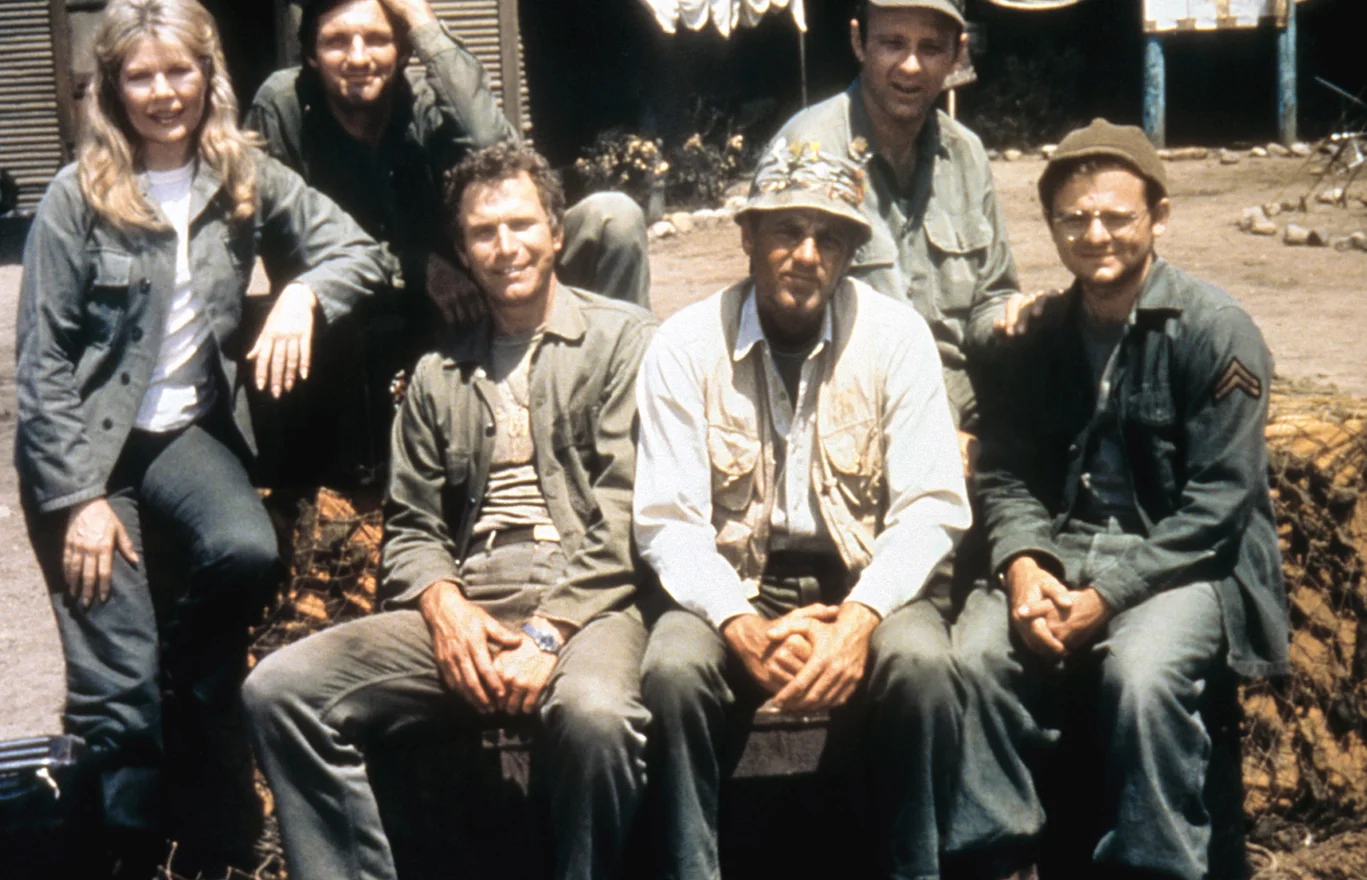
While MASH*’s finale, Goodbye, Farewell and Amen, remains one of the most-watched TV episodes in history, it also left many viewers with mixed emotions. The series had always balanced humor with the harsh realities of war, but the final episode leaned heavily into the darker side of that equation. As beloved characters faced their goodbyes, the show delved deep into the emotional and psychological toll of their experiences.
The episode’s most jarring moment involved Hawkeye grappling with a traumatic memory involving a bus, a silenced chicken, and the devastating revelation that the chicken was actually a baby. This dark, intense tone marked a sharp departure from the show’s usual blend of comedy and pathos. While it was a powerful and fitting send-off, the heavy subject matter and unsettling imagery caught many off guard, leaving a lasting impact on fans.
The Mary Tyler Moore Show (1970-1977)

The finale of The Mary Tyler Moore Show is iconic, but it was also a bit of a headscratcher. The entire WJM-TV news team, except for Ted Baxter, got fired, leading to an emotional group hug and that unforgettable shuffle to the tissue box. Fans were left wondering how the most inept character on the show managed to keep his job while everyone else was shown the door. The decision added an ironic twist, but it also made the farewell feel a bit surreal.
The tonal shift from comedy to heartfelt farewell was jarring, especially since Ted’s incompetence had been a running joke throughout the series. The emotional goodbyes hit hard, showcasing the deep bonds between the characters. While it was a touching goodbye that gave the cast a memorable send-off, the randomness of who stayed and who left felt a bit off-kilter. It was a bittersweet end to a show that had always balanced sharp wit with genuine warmth.
All in the Family (1971-1979)
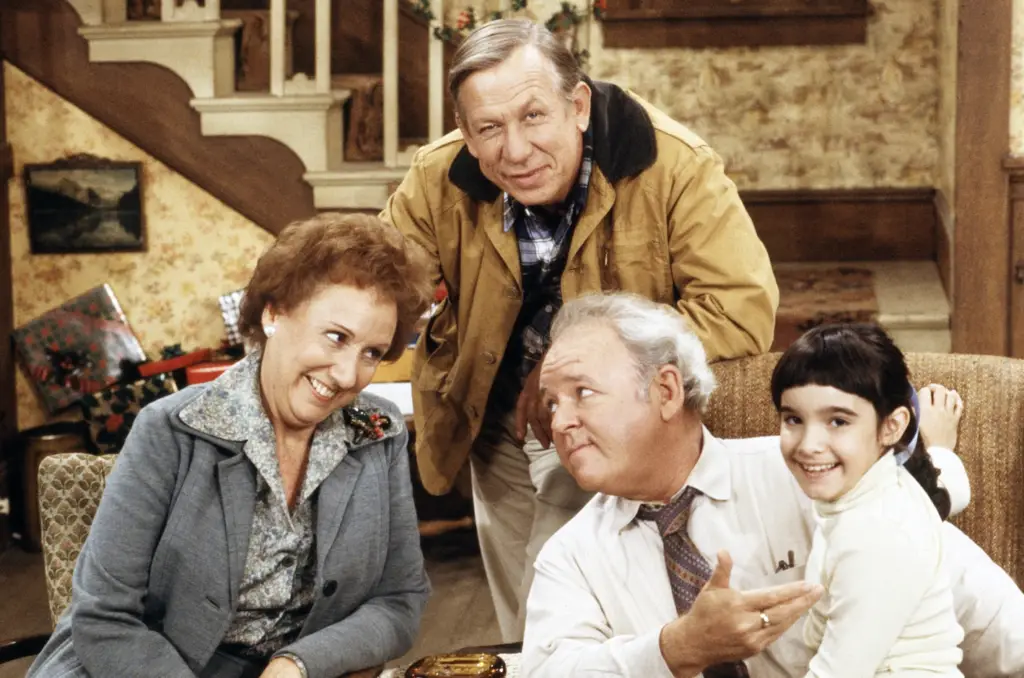
All in the Family’s finale wasn’t so much a clean end as it was a confusing transition. Rather than delivering a proper farewell, the show morphed into Archie Bunker’s Place, leaving many storylines hanging. The shift in focus from the Bunker household to Archie’s bar felt abrupt, with Edith’s departure only adding to the sense of unfinished business. Fans were left wondering what became of the beloved family dynamic that had anchored the original series.
Instead of tying up loose ends, the finale felt more like an unplanned pivot than a thoughtful conclusion. The transition to Archie Bunker’s Place lacked the heart and cohesion of All in the Family, and the absence of Edith only underscored the change in tone. What could have been a heartfelt send-off instead felt more like a detour, leaving viewers with mixed emotions about the show’s legacy.
The Bob Newhart Show (1972-1978)
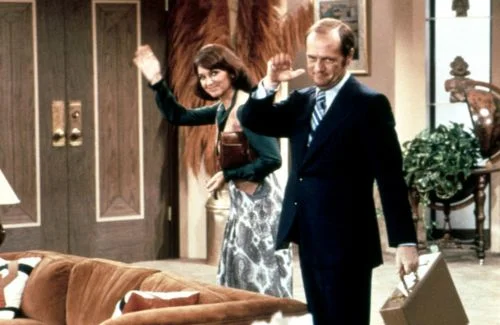
The ending of The Bob Newhart Show was more unusual than confusing, featuring Bob Hartley trying his hand at stand-up comedy—and not exactly nailing it. The episode leaned into Bob’s signature deadpan humor, but the lackluster performance left both the in-show audience and viewers at home unsure of where things were headed. While the series wrapped up with Bob declaring his love for Emily, it didn’t provide much closure for the other characters or storylines.
Compared to Newhart’s later series’ famously surreal it was all a dream ending, this finale felt more like a fizzle than a bang. There was no big twist, no grand send-off, just a quiet and slightly anticlimactic goodbye. Fans weren’t left questioning reality, but they were left questioning, Is that it? It was a finale that stayed true to the show’s understated charm, but perhaps a bit too understated for those hoping for a more satisfying conclusion.
Sanford and Son (1972-1977)
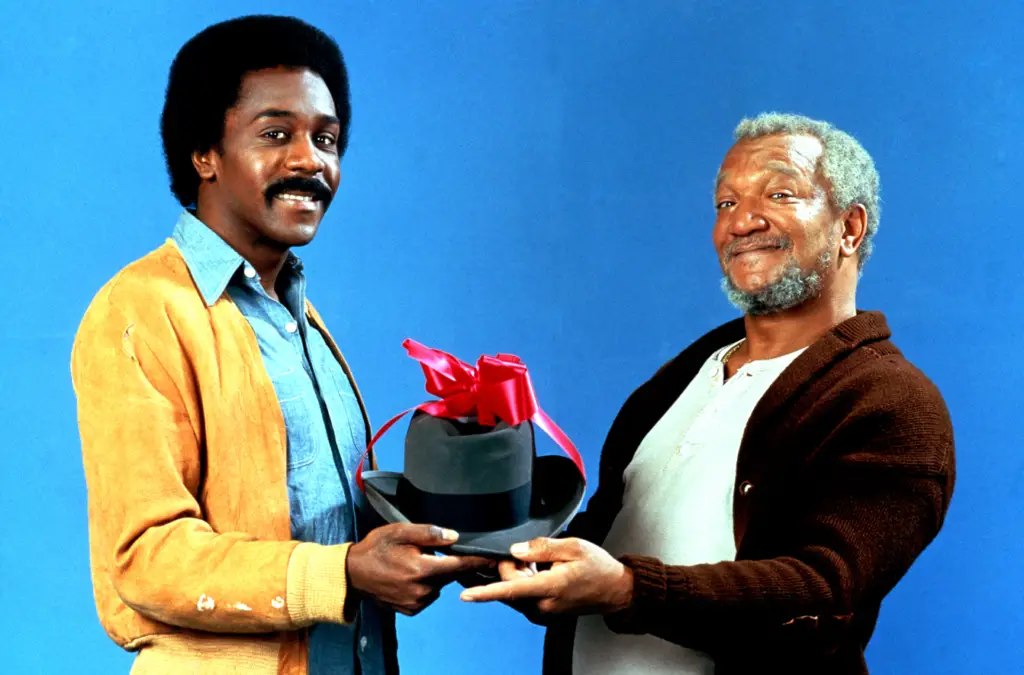
Sanford and Son didn’t get a proper send-off, ending with School Daze, an episode that didn’t tie up any of the show’s loose ends. Instead of delivering a heartfelt or definitive conclusion, the episode focused on Fred Sanford’s decision to return to night school—a cute gag, but hardly a farewell. The lack of closure for the beloved characters left fans feeling like they were missing a final chapter. After years of hilarious antics and unforgettable one-liners, the show simply fizzled out.
When the series evolved into Sanford Arms and later Sanford, the original’s storylines were left hanging. There was no acknowledgment of what happened to Fred, Lamont, or the rest of the gang, leaving viewers with more questions than answers. It wasn’t a confusing twist but rather a confusing absence of a true finale. Fans were left wondering what became of the Sanford and Son Salvage business—and the family dynamic that had made the show so endearing.
The Partridge Family (1970-1974)
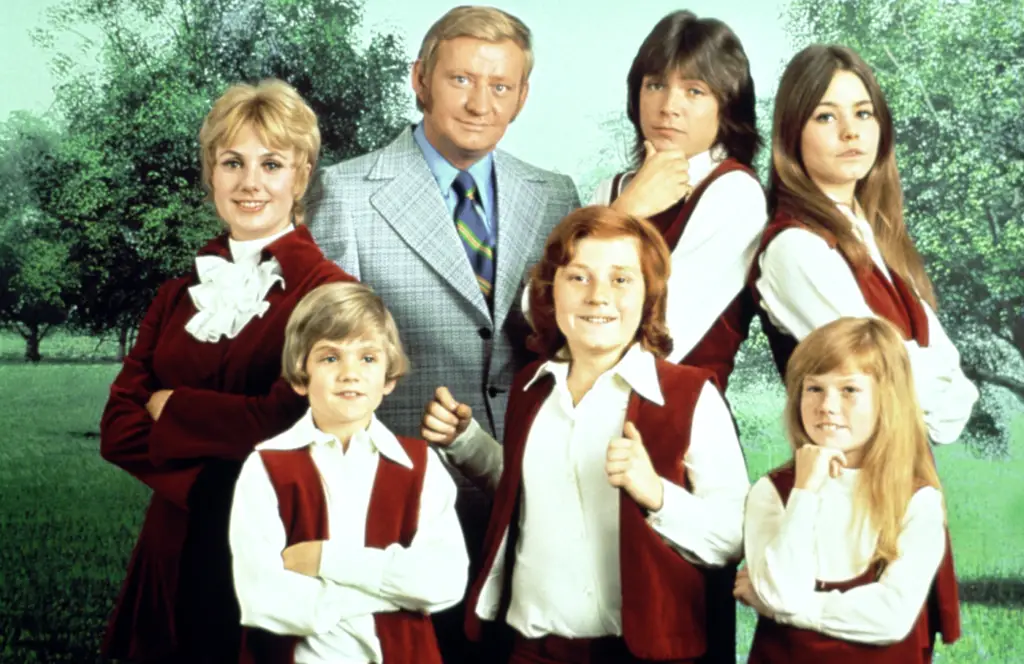
The final episode of The Partridge Family ended with a storyline about Laurie’s high school election, offering none of the grandeur or closure expected from a series finale. The episode played out like any other, focusing on a lighthearted, everyday plot without acknowledging the end of the show. There was no reflection on the family’s musical journey, no heartfelt goodbyes, and no sense of finality. It was as if the iconic, music-loving family just kept on rolling, unaware that their bus had reached its last stop.
Instead of a memorable farewell, the finale left fans wondering if the Partridges had simply missed the memo about their own show ending. The absence of a proper send-off felt more like a commercial break that never ended, leaving the story hanging in mid-air. After years of fun musical adventures and family shenanigans, viewers were hoping for something more than just another episode. It was a missed opportunity to give the colorful and catchy series the memorable goodbye it deserved.
The Brady Bunch (1969-1974)
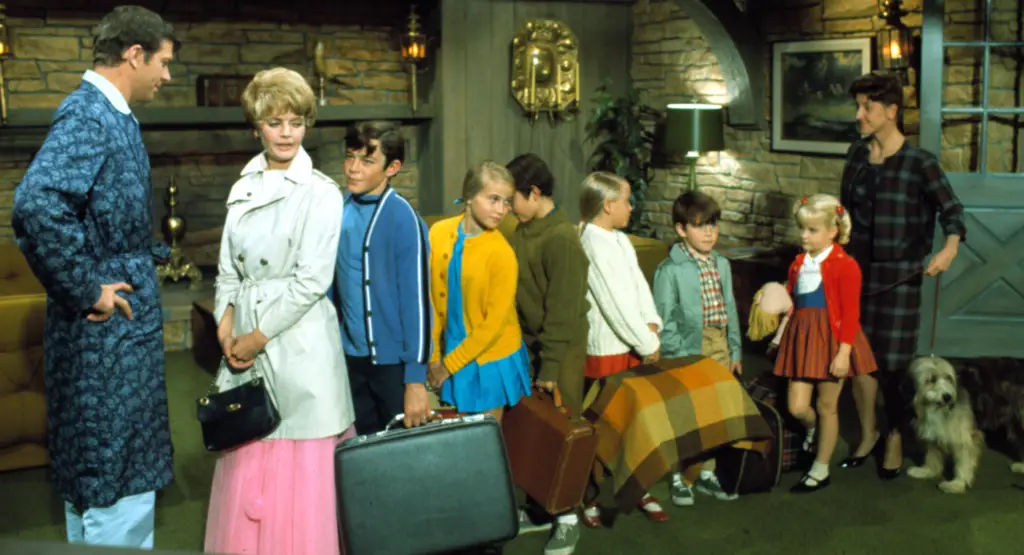
The Brady Bunch is remembered fondly, but its final episode, The Hair-Brained Scheme, was a bit underwhelming. Instead of delivering a grand farewell, the episode focused on a goofy storyline where Bobby sells hair tonic that turns Greg’s hair orange. While it delivered the show’s trademark lighthearted humor, it lacked the weight of a proper send-off. Fans were left without any closure for the beloved Brady family, as if they were simply tuning in to another ordinary episode.
There was no big farewell, no milestones, and no wrapping up of story arcs. Viewers never got to see the Bradys take on one last big family adventure or reflect on their years together. The finale was so unremarkable that it felt like the show just stopped rather than concluded. For a series that became such a cultural touchstone, it was a surprisingly quiet exit that left many fans wondering what might have been with a more thoughtful goodbye.
The Waltons (1972-1981)
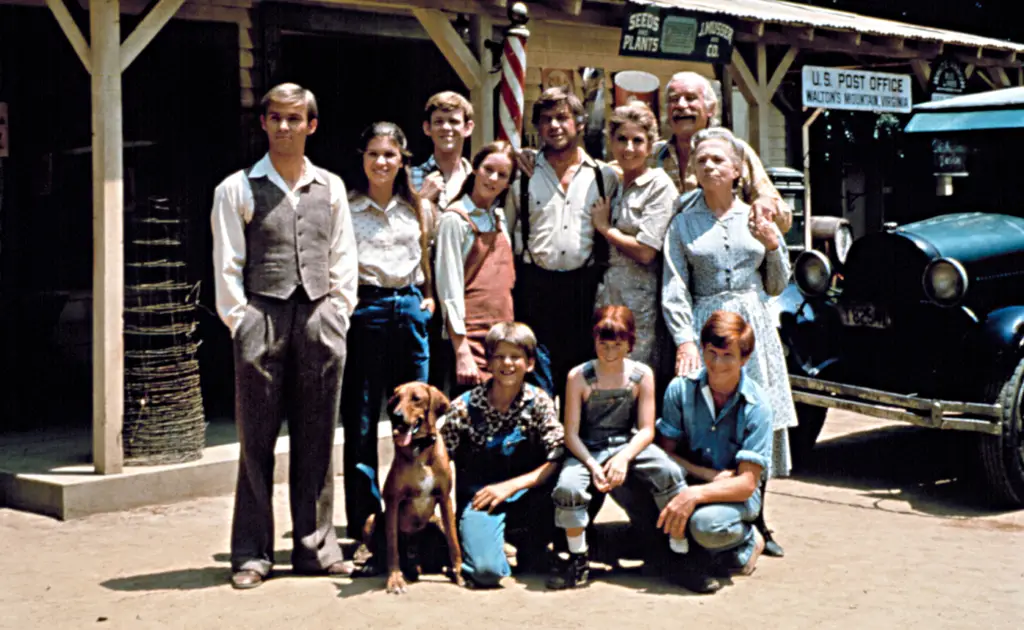
The Waltons had a bit of a confusing end, mainly because its series finale wasn’t the true conclusion to the story. The original show wrapped up with John-Boy publishing his book, offering a sense of accomplishment and a fitting nod to the show’s narrative roots. However, instead of providing a definitive farewell, this ending was followed by multiple reunion movies that continued to explore the lives of the Walton family. Each movie added new layers and developments, making it difficult for fans to pin down a clear, final chapter.
The ongoing storytelling left many wondering which of these many conclusions was the real ending. With each reunion special, the narrative evolved, occasionally contradicting earlier storylines or reshaping character arcs. While it was a treat to revisit Walton’s Mountain, the lack of a solid, singular ending left viewers in a perpetual state of goodbye. For a show that celebrated the comfort of home and family, its finale never quite offered the closure that fans had hoped for.
Good Times (1974-1979)
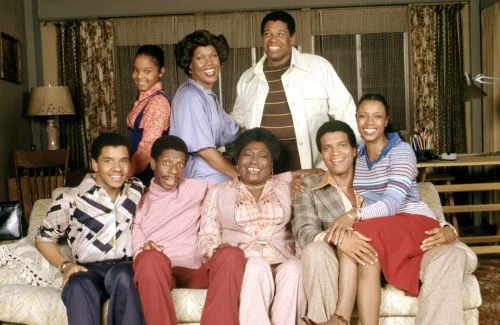
The Good Times finale tried to tie up loose ends but did so in a hurried and somewhat baffling way. After years of depicting the Evans family’s struggles in the Chicago projects, the final episode delivered an almost too-good-to-be-true resolution. Thelma’s husband made it to the NFL, JJ landed a new job, and Keith miraculously recovered from his injury. It was as if all the hardships evaporated overnight, giving the family a sudden and somewhat implausible fairy-tale ending.
The abrupt shift from the show’s usual grounded storytelling to this neatly wrapped-up conclusion left many viewers scratching their heads. While fans certainly wanted to see the Evans family catch a break, the rapid turnaround felt rushed and out of sync with the show’s realistic portrayal of life’s ups and downs. The finale’s overly optimistic tone came off as more wishful thinking than a natural conclusion, missing an opportunity to balance hope with the authenticity that had made Good Times so beloved.
Happy Days (1974-1984)
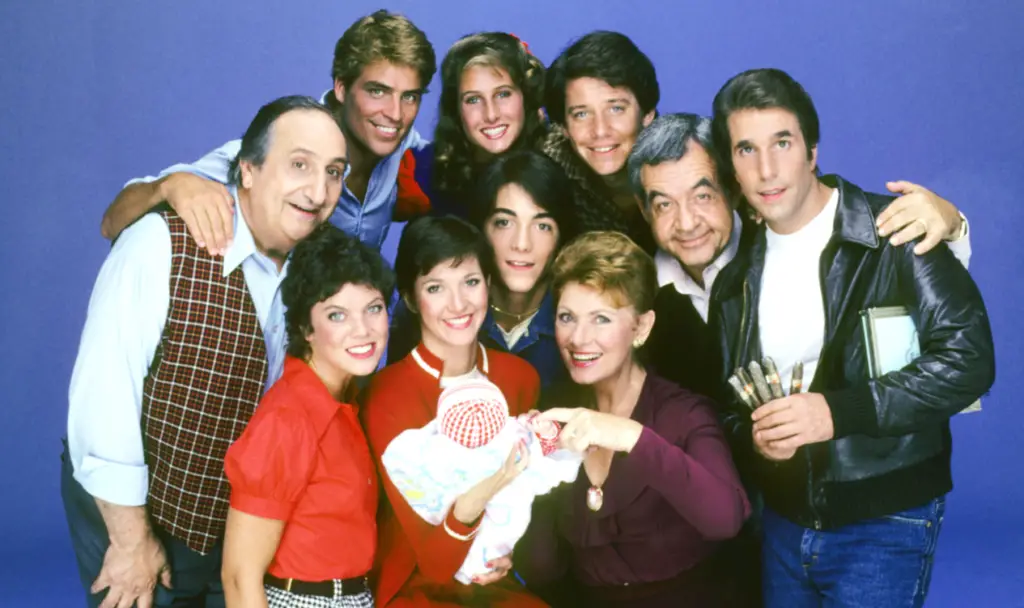
While Happy Days technically extended into the 1980s, its roots are firmly planted in the ’70s. The finale, Passages, aimed to provide a proper send-off, with Joanie and Chachi getting married and Fonzie adopting a child. While the wedding offered a sweet and fitting conclusion for Joanie and Chachi’s love story, Fonzie’s sudden leap into fatherhood felt a bit out of left field. The episode tried to balance nostalgia with fresh developments, but the combination of heartfelt moments and odd plot choices made for an uneven experience.
The mix of poignant goodbyes and surprising twists created a tone that was a bit all over the place. Fans who had watched the show evolve from a slice-of-life ’50s sitcom to a pop culture phenomenon hoped for a more cohesive farewell. While it did wrap up a long-running show, the finale left viewers wondering if it could have been handled with a bit more finesse. Instead of feeling like the perfect final chapter, it felt more like a hasty effort to tie up loose ends, leaving some wishing for a more polished goodbye to the beloved Cunningham clan.
Laverne & Shirley (1976-1983)
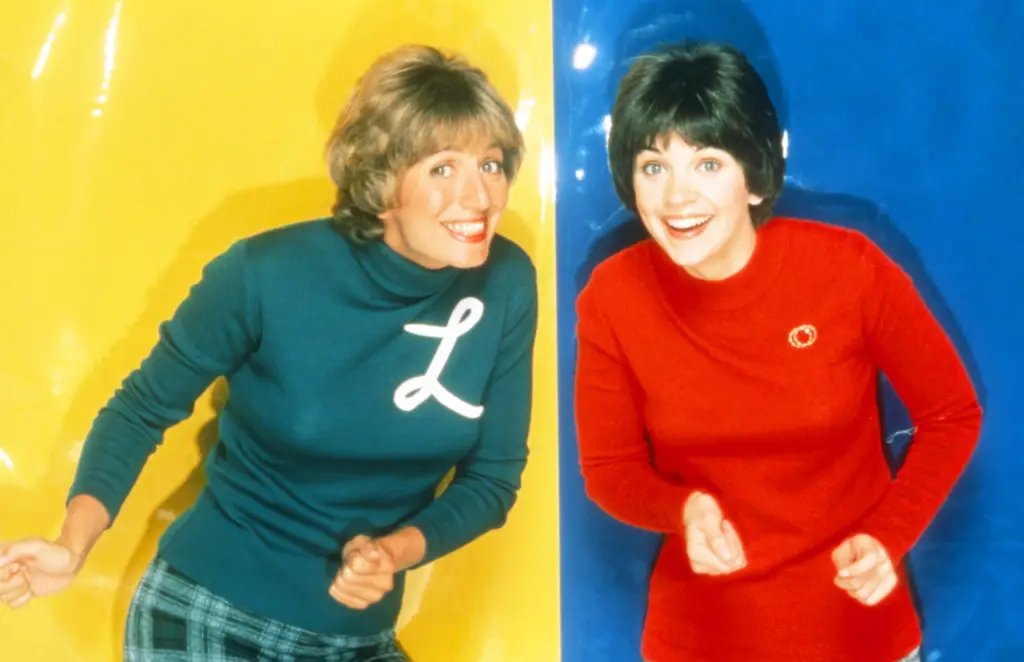
When Shirley left the show, Laverne & Shirley limped along without her, leading to a finale that was more confusing than conclusive. The last episode, Here Today, Hair Tomorrow, focused on a beauty pageant, offering little in the way of closure for the beloved characters. The storyline felt like any other episode, lacking the weight or significance expected from a series finale. Without a proper farewell for Shirley or a meaningful wrap-up for Laverne, the episode left fans feeling adrift.
The absence of Shirley from the finale made things feel unbalanced and a bit sad. The show had always thrived on the chemistry between the two leads, and without that dynamic, it struggled to find its footing. Fans who had followed the duo’s antics were left wondering what happened to the iconic friendship and whether Laverne ever found the happiness and fulfillment she had been seeking. Instead of a heartfelt goodbye, the series seemed to end on a question mark, leaving viewers with a lingering sense of what might have been.
The Odd Couple (1970-1975)
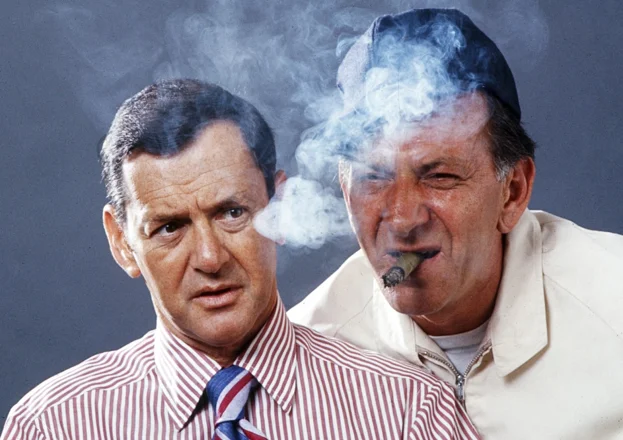
The final episode of The Odd Couple saw Felix finally remarrying his ex-wife, Gloria, offering a sweet and satisfying conclusion to his character arc. After years of watching Felix’s neurotic charm clash with Oscar’s laid-back style, it was heartening to see him find happiness. The episode delivered on sentimentality, giving Felix the fresh start he had longed for throughout the series. However, while Felix’s story came full circle, Oscar’s storyline felt noticeably unfinished.
The show’s blend of comedy and sentimentality didn’t quite hit the mark, leaving Oscar’s future a bit unclear. Fans had grown to love Oscar’s messy yet endearing lifestyle, and the lack of a concrete direction for his character left things feeling a bit lopsided. The tonal shift from the odd couple dynamic to a more traditional happy ending was sweet, but it also left viewers craving a bit more clarity. After years of mismatched roommates and comedic misadventures, it would have been nice to see Oscar’s story land with the same satisfying thud as Felix’s.
Room 222 (1969-1974)
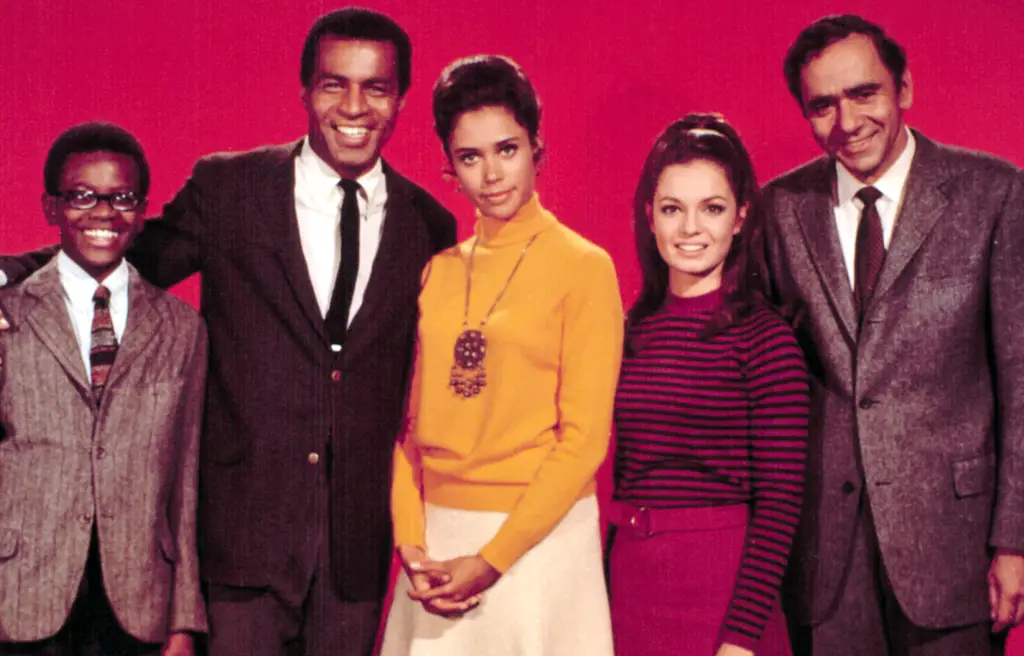
Room 222 was a thoughtful series that tackled real issues in a high school setting, earning praise for its nuanced approach to education and social topics. The show brought warmth and realism to the halls of Walt Whitman High, offering viewers a mix of humor, heart, and genuine insight. However, its final episode felt like just another day at school, with no significant send-off to mark the end of the series. The absence of a climactic or reflective moment left fans feeling like the story had been cut short.
The show ended without a proper goodbye, leaving many storylines unresolved. Beloved teachers and students simply faded away, with no clear sense of where their journeys would lead. There were no heartfelt farewells, no last looks at the classrooms or hallways that had become so familiar. Instead of offering closure, the finale felt more like an unfinished chapter, as if the bell had rung too early, leaving everyone lingering in the hallway, wondering what might have been.
Emergency! (1972-1979)
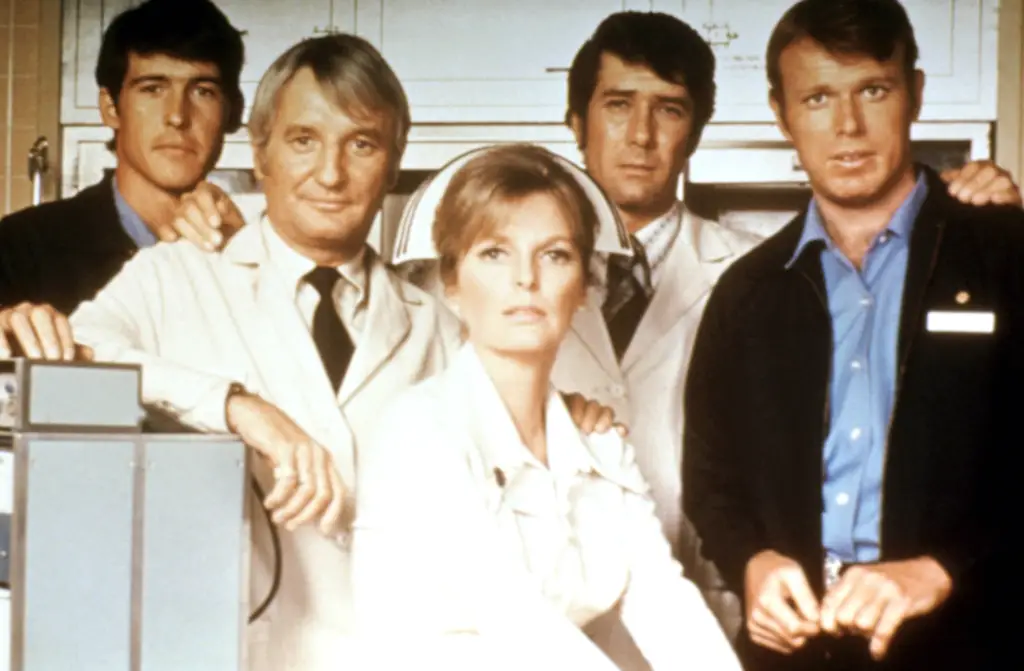
Emergency! didn’t end with a bang but rather with a quiet fizzle. The finale, What’s a Nice Girl Like You Doing…, played out like a standard episode, with the firefighters and paramedics of Squad 51 tackling another routine rescue. While the show had always focused on the everyday heroics of first responders, fans expected something more from the final chapter. Instead of a grand send-off, the episode delivered business as usual, leaving many viewers wondering if they had missed the memo about it being the end.
For a series that consistently celebrated bravery and teamwork, the finale felt surprisingly low-key. There was no dramatic conclusion, no heartfelt goodbyes, and no indication of what the future held for the beloved characters. The choice to close with just another rescue story might have been an attempt to honor the show’s slice-of-life style, but it missed the mark for those craving a more fitting farewell. Emergency! was a show that deserved a hero’s farewell but instead just turned off the siren and parked the truck, leaving fans without the closure they had hoped for.
These shows may have left us a bit perplexed in their final moments, but they also remind us of a time when TV wasn’t afraid to take risks—whether or not those risks paid off. They remain classics, not just for their confusing finales but for all the wonderful episodes that came before.


